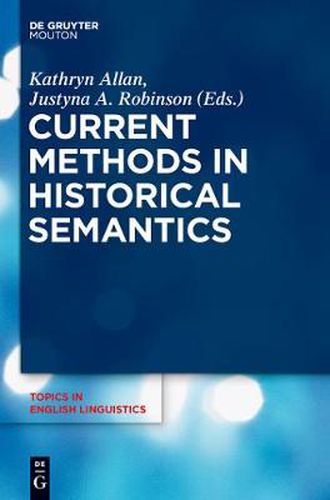Readings Newsletter
Become a Readings Member to make your shopping experience even easier.
Sign in or sign up for free!
You’re not far away from qualifying for FREE standard shipping within Australia
You’ve qualified for FREE standard shipping within Australia
The cart is loading…






This title is printed to order. This book may have been self-published. If so, we cannot guarantee the quality of the content. In the main most books will have gone through the editing process however some may not. We therefore suggest that you be aware of this before ordering this book. If in doubt check either the author or publisher’s details as we are unable to accept any returns unless they are faulty. Please contact us if you have any questions.
Innovative, data-driven methods provide more rigorous and systematic evidence for the description and explanation of diachronic semantic processes. The volume systematises, reviews, and promotes a range of empirical research techniques and theoretical perspectives that currently inform work across the discipline of historical semantics. In addition to emphasising the use of new technology, the potential of current theoretical models (e.g. within variationist, sociolinguistic or cognitive frameworks) is explored along the way.
$9.00 standard shipping within Australia
FREE standard shipping within Australia for orders over $100.00
Express & International shipping calculated at checkout
This title is printed to order. This book may have been self-published. If so, we cannot guarantee the quality of the content. In the main most books will have gone through the editing process however some may not. We therefore suggest that you be aware of this before ordering this book. If in doubt check either the author or publisher’s details as we are unable to accept any returns unless they are faulty. Please contact us if you have any questions.
Innovative, data-driven methods provide more rigorous and systematic evidence for the description and explanation of diachronic semantic processes. The volume systematises, reviews, and promotes a range of empirical research techniques and theoretical perspectives that currently inform work across the discipline of historical semantics. In addition to emphasising the use of new technology, the potential of current theoretical models (e.g. within variationist, sociolinguistic or cognitive frameworks) is explored along the way.